What are the symptoms of lung cancer?
Symptoms of lung cancer can vary and include respiratory issues such as an ongoing cough, breathing changes or lung infections, and symptoms outside of the lungs such as tiredness or loss of appetite. But sometimes, early-stage lung cancer doesn’t cause any symptoms.
Lung cancer is one of the most frequently diagnosed cancer types each year. However, the number of cases has been decreasing, partly due to fewer people smoking and early detection through lung cancer screening. If you have a high risk of lung cancer, early screening can give you peace of mind and detect signs of lung cancer before you have any symptoms.
Early symptoms of lung cancer
Some people with early stages of lung cancer will experience symptoms that are similar to other common lung conditions. Unlike a cold or respiratory infection, lung cancer symptoms will persist. However, early lung cancer doesn’t always cause symptoms and signs of the condition may only be found through a screening.
When you catch lung cancer early, you have better lung cancer treatment options. That’s why it’s important to listen to what your body tells you and to speak to your medical provider about any persistent symptoms.
Lingering cough
It’s common to have a cough from a minor respiratory illness. However, pay attention if you have a cough that lasts more than a week or two, especially if you have risk factors for lung cancer, such as smoking. Visit your doctor if your lingering cough worsens or you experience other symptoms like hoarseness or coughing up blood.
Breathing changes or wheezing
If lung cancer causes inflammation, fluid or narrowed airways in your lungs, you may feel like you can’t breathe enough air, have shortness of breath or wheeze—even when doing normal tasks. While many conditions cause shortness of breath, these changes could also indicate lung cancer.
Body pain
Sometimes, early lung cancer will cause aches and pains in your chest, neck, back or shoulders. This pain could be ongoing or happen infrequently, for example, when you laugh or cough. It may feel dull or sharp.
Raspy, hoarse voice
You or those around you may notice that your voice sounds deeper, raspy or hoarse. Conditions outside the lungs could cause this symptom, but it’s also an early sign of lung cancer. Any ongoing changes in your voice that aren’t caused by a temporary respiratory infection should be checked out by a doctor.
Unexplained weight loss
Many types of cancer, including lung cancer, cause a loss of appetite and unintended weight loss. You may begin to lose your appetite because tumors affect the levels of certain hormones or chemicals in your body.
Less common signs and symptoms
In the early stages of lung cancer, you may have symptoms that aren’t related to your lungs at all. While other conditions cause some of these symptoms, they could be signs of lung cancer that you should bring up with your doctor:
- Swelling in the face or neck
- Difficulty swallowing or pain while swallowing
- Finger clubbing, where the ends of your fingers and nails enlarge
- Swollen breasts in men, known as gynecomastia
Non-small cell lung cancer symptoms
Non-small cell lung cancer (NSCLC) is the most common form of lung cancer and causes different signs and symptoms in people. NSCLC grows slowly; not everyone will show signs of this type of lung cancer in the early stages. As cancer spreads, non-small cell lung cancer symptoms can also affect the brain, liver and bones.
Common symptoms of this type of lung cancer include:
- Persistent cough
- Blood in saliva
- Breathing or voice changes
- Poor appetite and unintentional weight loss
- Fatigue and weakness
- Frequent infections, such as bronchitis or pneumonia
- Chest pain
Small-cell lung cancer symptoms
Small-cell lung cancer (SCLC) grows faster than non-small cell lung cancer (NCLC). However, it may not cause symptoms early on and can vary from person to person. As SCLC spreads in the lungs or to other parts of the body, you may have advanced-stage symptoms, such as bone pain, headache or lumps in your neck.
Some common symptoms of SCLC include:
- Ongoing cough
- Coughing up bloody mucus
- Breathing changes or wheezing
- Hoarseness
- Chest pain that increases with laughing or coughing
- Poor appetite and unintentional weight loss
- Fatigue and weakness
- Frequent infections, such as bronchitis or pneumonia
- Swelling of the neck or face
Metastatic lung cancer symptoms
When lung cancer spreads to other areas of the body away from the original tumor, it’s called metastatic lung cancer. At this point, it is in the most advanced lung cancer stages and may lead to symptoms throughout the body.
Lung cancer often spreads to the bones, liver and brain. These new tumors or cancerous cells outside the original lung cancer location are known as secondary cancer.
- If lung cancer spreads and causes secondary bone cancer, symptoms include chronic bone and joint pain, pain that radiates down your legs or arms, or bone fractures.
- If the liver is affected, secondary liver cancer symptoms include yellowing of the skin and eyes, nausea, swelling or a feeling of fullness in the abdomen.
- Lung cancer that spreads to the brain or spinal cord causes secondary brain cancer symptoms, such as headaches, seizures, vision changes, speech changes and memory or balance problems.
Syndromes related to lung cancer
In some cases of lung cancer, a set of specific symptoms may occur together, known as a syndrome. These syndromes may be your first sign of lung cancer but may also be caused by other types of cancer or health conditions.
Common syndromes associated with lung cancer include Horner syndrome, superior vena cava syndrome and paraneoplastic syndromes.
-
Horner syndrome
Pancoast tumors are a type of lung cancer that occurs in the upper part of the lungs. These tumors can invade surrounding structures and may affect the facial and eye nerves. These tumors can lead to symptoms like a drooping eyelid, an enlarged pupil in one eye and minimized sweating on one side of your face. Together, these symptoms are known as Horner syndrome.
-
Superior vena cava syndrome
Your superior vena cava is a large vein that brings blood from your head and arms back to your heart. Because this vein is near the lungs, lung tumors can press against it, affecting blood flow. When this happens, it’s called superior vena cava syndrome. You may have symptoms such as dizziness, passing out, headaches or swelling in your face, arms or neck.
-
Paraneoplastic syndromes
Many cancers, including lung cancer, release hormones or hormone-like chemicals that can travel through the blood and affect how your body functions. When this happens, it can lead to one of a few different paraneoplastic syndromes. These syndromes are more common with small-cell lung cancer.
- Syndrome of inappropriate antidiuretic hormone (SIADH): If your tumor makes a hormone that causes your kidneys to hold more fluid than they should, it’s called a syndrome of inappropriate antidiuretic hormone. SIADH can affect the salt levels in your blood and lead to nausea, weakness, fatigue or confusion.
- Cushing’s syndrome: Cushing’s syndrome is when your tumor releases a hormone called ACTH, which can lead to too much cortisol in your body. Some signs of this syndrome include weight gain, high blood pressure, high blood sugar, easy bruising, weakness or drowsiness.
- Lambert-Eaton myasthenic syndrome (LAMS): Sometimes, lung cancer can produce chemicals that make your immune system start to attack itself. When this happens, it’s called Lambert-Eaton syndrome, and symptoms include muscle weakness, especially around the hips.
- Humoral hypercalcemia of malignancy (HHM): If your tumor causes high levels of parathyroid hormone-related peptides in your body, it can lead to hypercalcemia— having too much calcium in your blood. Symptoms include digestive issues, depression or anxiety, cognitive changes and fatigue.
When should you see a doctor for symptoms of lung cancer?
You should visit your doctor if you have any ongoing lung cancer symptoms, such as a persistent cough or shortness of breath. While many conditions cause symptoms similar to early lung cancer, getting checked is always a good idea, especially if you have any risk factors.
When you catch lung cancer early on, you typically have better options for your care. Visiting a doctor can also get to the cause of your symptoms, even if it isn’t cancer, and guide your next steps for treatment.
People at higher risk for lung cancer
If you have a high risk for lung cancer, you should talk with your doctor about routine lung cancer screening. Using a CT scan, this screening can detect early signs of lung cancer before you have any symptoms. Ask your doctor about getting a yearly low-dose CT scan if you:
- Are 50-80 years old
- Have a smoking history of 20+ pack years (‘one pack year’ equals smoking one pack of cigarettes a day for a year or an equivalent amount)
- Currently smoke or have quit smoking in the past 15 years
- Have no symptoms
Our lung cancer screening locations near you
We help you get care at a location that fits your needs. Several of our locations in North and Central Texas offer lung cancer screening to detect lung cancer before you have symptoms. A physician referral is needed, so ask your primary care doctor if you qualify and then find a screening location near you.
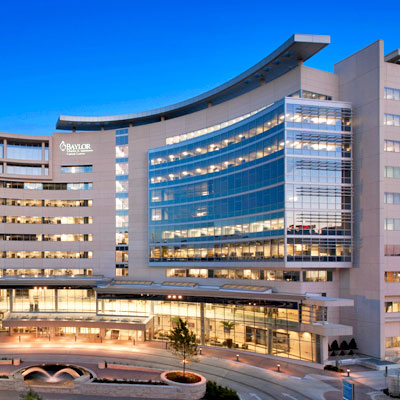
Baylor Scott & White Center for Thoracic Surgery - Dallas
3410 Worth St Ste 760, Dallas, TX, 75246- Monday: 8:00 am - 4:30 pm
- Tuesday: 8:00 am - 4:30 pm
- Wednesday: 8:00 am - 4:30 pm
- Thursday: 8:00 am - 4:30 pm
- Friday: 8:00 am - 4:30 pm

Baylor Scott & White Center for Thoracic Surgery - Lubbock
3711 22nd St Ste B, Lubbock, TX, 79410
Baylor Scott & White Center for Thoracic Surgery - Rockwall
6701 Heritage Pkwy Ste 130, Rockwall, TX, 75087
Baylor Scott & White Center for Thoracic Surgery - Tyler
1321 S Beckham Ave , Tyler, TX, 75702
Baylor Scott & White Center for Thoracic Surgery - Waxahachie
2480 N Interstate 35E , Waxahachie, TX, 75165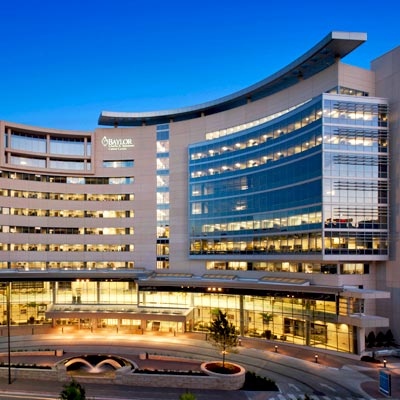
Baylor Scott & White Charles A. Sammons Cancer Center - Dallas
3410 Worth St , Dallas, TX, 75246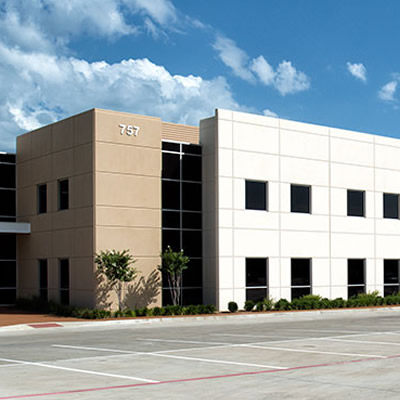
Baylor Scott & White Imaging Center - Forney
763 E US Hwy 80 Ste 120, Forney, TX, 75126- Monday: 8:00 am - 5:00 pm
- Tuesday: 8:00 am - 5:00 pm
- Wednesday: 8:00 am - 5:00 pm
- Thursday: 8:00 am - 5:00 pm
- Friday: 8:00 am - 5:00 pm
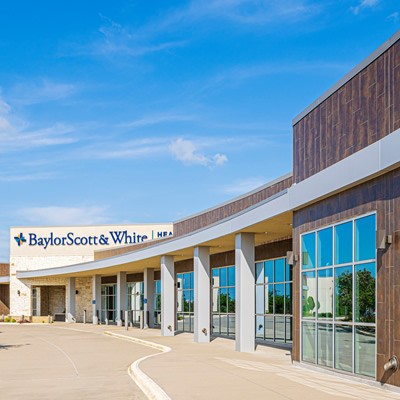
Baylor Scott & White Imaging Center - Greenville
4400 Interstate 30 W Ste 200, Greenville, TX, 75402- Monday: 8:00 am - 5:00 pm
- Tuesday: 8:00 am - 5:00 pm
- Wednesday: 8:00 am - 5:00 pm
- Thursday: 8:00 am - 5:00 pm
- Friday: 8:00 am - 5:00 pm
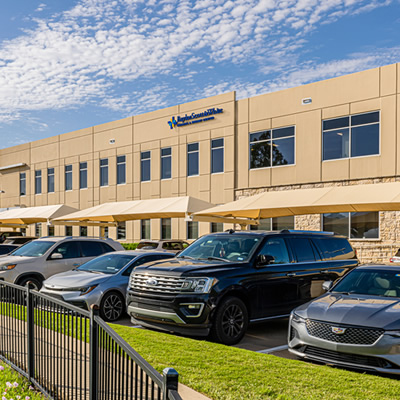
Baylor Scott & White Imaging Center - Rockwall
1005 W Ralph Hall Pkwy Ste 121, Rockwall, TX, 75032- Monday: 8:00 am - 5:00 pm
- Tuesday: 8:00 am - 5:00 pm
- Wednesday: 8:00 am - 5:00 pm
- Thursday: 8:00 am - 5:00 pm
- Friday: 8:00 am - 5:00 pm
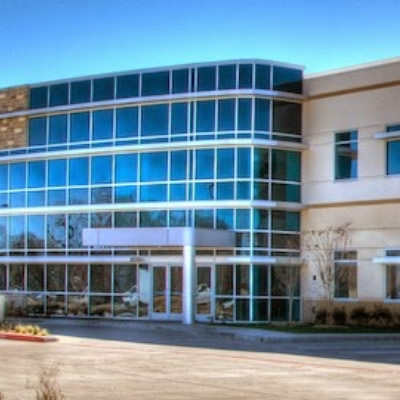
Baylor Scott & White Imaging Center - Wylie
2300 W FM 544 Ste 110, Wylie, TX, 75098- Monday: 8:00 am - 5:00 pm
- Tuesday: 8:00 am - 5:00 pm
- Wednesday: 8:00 am - 5:00 pm
- Thursday: 8:00 am - 5:00 pm
- Friday: 8:00 am - 5:00 pm
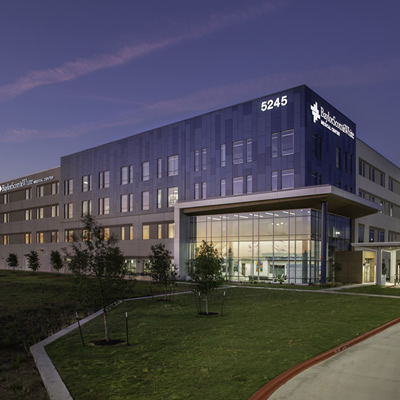
Baylor Scott & White Medical Center - Austin
5245 W US Hwy 290 Service Rd , Austin, TX, 78735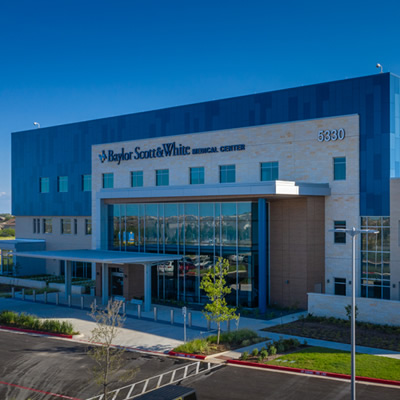
Baylor Scott & White Medical Center - Buda
5330 Overpass Rd , Buda, TX, 78610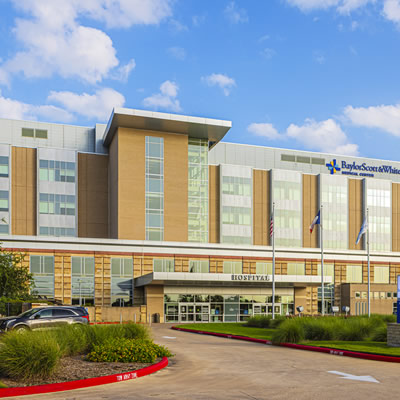
Baylor Scott & White Medical Center - College Station
700 Scott and White Dr , College Station, TX, 77845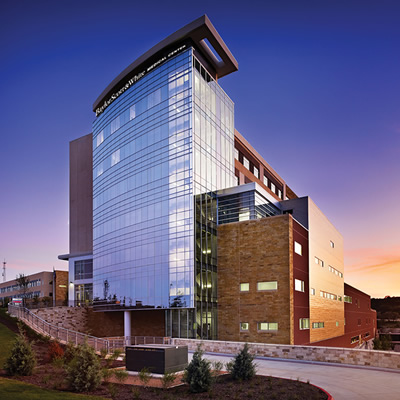
Baylor Scott & White Medical Center - Lakeway
100 Medical Pkwy , Lakeway, TX, 78738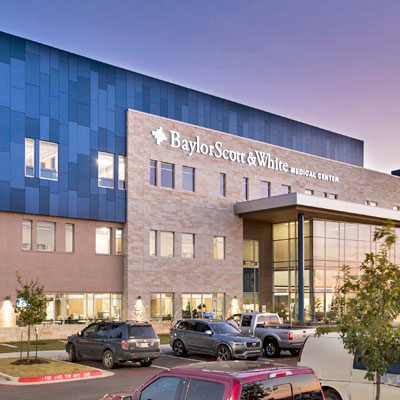
Baylor Scott & White Medical Center - Pflugerville
2600 E Pflugerville Pkwy Ste 100, Pflugerville, TX, 78660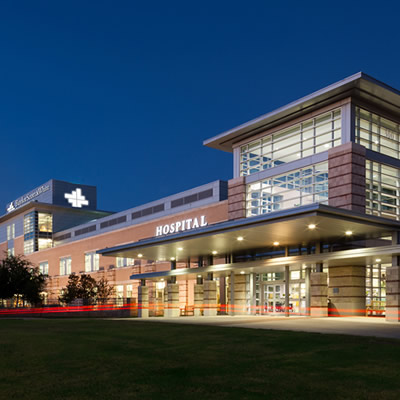
Baylor Scott & White Medical Center - Round Rock
300 University Blvd , Round Rock, TX, 78665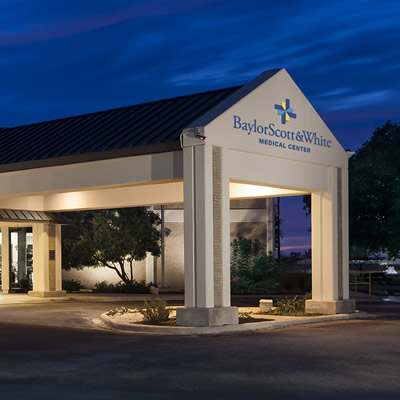
Baylor Scott & White Medical Center - Taylor
305 Mallard Ln , Taylor, TX, 76574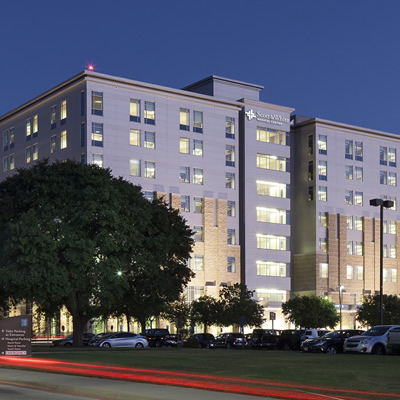
Baylor Scott & White Medical Center - Temple
2401 S 31st St , Temple, TX, 76508Hours of Operation
Hours of Operation
Office Hours
Frequently asked questions
-
Can you have lung cancer with no symptoms?
Yes, especially in the early stages, it’s possible to have lung cancer without any symptoms. However, early lung cancer does sometimes cause subtle signs, so if anything feels off with your lungs, schedule a visit with your doctor.
-
Do lung cancer symptoms come and go?
Not usually. It’s more common for lung cancer to cause persistent symptoms that don’t go away or get worse. Pay attention to ongoing symptoms like a cough, shortness of breath, chest pain or changes in your voice.
-
Can back pain be a symptom of lung cancer?
Yes, back pain can sometimes be a symptom of lung cancer. While many other conditions cause back pain, a lung tumor that starts to press against your spine or the nerves in your back can lead to back pain, too.
-
What does lung cancer feel like?
People describe the way lung cancer feels in many different ways. Some people may feel like their chest is congested or notice a cough that won’t go away. Other people feel normal and healthy and don’t have any symptoms.
-
What are the symptoms of lung cancer in a woman?
Many of the symptoms of lung cancer are similar in women and men, such as ongoing cough, chest pain, breathing or voice changes, coughing up blood, loss of appetite or fatigue. Women may be more likely to have back pain caused by lung cancer.
While many symptoms are the same, the types of lung cancer, treatments and outcomes in women and men can differ. Women are more likely to develop lung cancer that isn’t linked to smoking and are more likely than men to get non-small cell lung cancer.
Some treatments for lung cancer, including surgery and chemotherapy, tend to work better in women. And, on average, women who have lung cancer live longer than men with lung cancer.